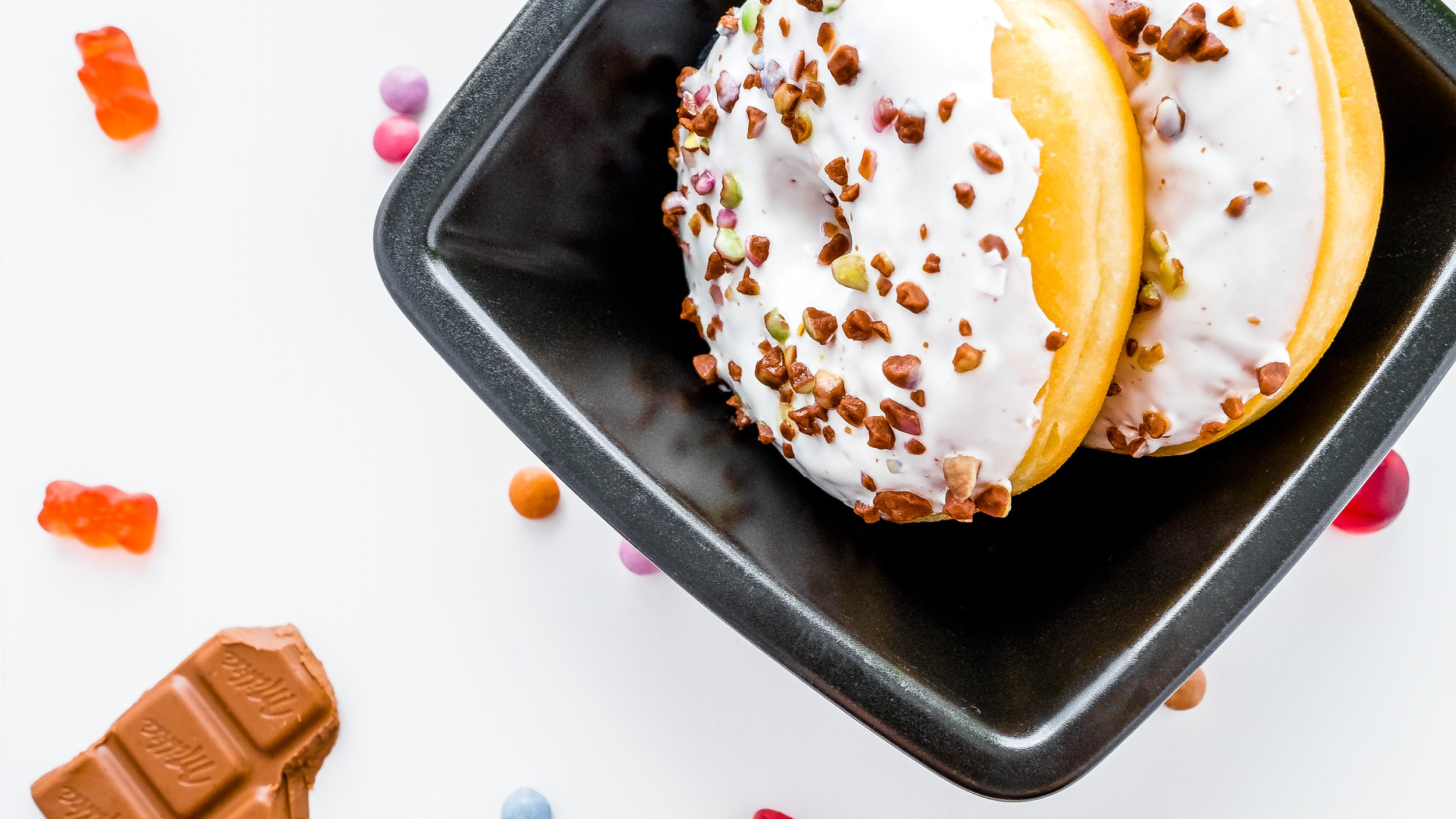We eat fast food because we're stressed all the time, and here's the proof
The more stressed we are, the more likely we are to eat unhealthy fast food, causing weight gain and more stress. Break the cycle


Start your week with achievable workout ideas, health tips and wellbeing advice in your inbox.
You are now subscribed
Your newsletter sign-up was successful
When we're stressed, food makes us feel better. That's pretty much a given: nothing feels better after a long week than a treat like a favourite pizza, or a takeout. While most conventional diet plans involve strategies to eat healthily, portion control (we recommend our portion size guide) and logging in hours on one of our best treadmill entries, some scientists believe we can look to improve our diets by tackling the root cause – the stress.
This study, published by researchers from Ohio State University, looked at the lifestyles of overweight low-income mothers of young kids. After an intervention designed to lower the mom's stress levels, it was found they ate fewer fast-food meals and high-fat snacks.
Professor Mei-Wei Chang, lead author of the study, said: "Many of these women are aware of feeling impatient, and having head and neck pain and trouble sleeping -- but they don't know those are signs of stress."
"It's not that these women didn't want to eat healthier. If you don't know how to manage stress, then when you are so stressed out, why would you care about what you eat?"
Stress is a chemical problem, caused by an excess production of hormones like cortisol, which triggers a "fight or flight" reflex in our brains. It also causes our body to retain more fat, among other things, as a survival measure. This would have been fine if the source of stress came from being chased up a tree by a sabre-toothed tiger, and we'd need the fat as fuel to run away.

But when stress comes from sources in modern life that don't pose threat to life and limb, such as work or an argument, this natural reaction can be disproportionately harmful to both our mental and physical health. A regular over-production of cortisol can lead to feelings of anxiety, an the stress drives us to seek short-term relief via easy, tasty food covered in sugar or salt. Whether it's a Big Mac burger or a bar of chocolate, sometimes it hits just right.
Unfortunately, because cortisol also causes us to cling to fat, it can worsen the effects of these fast foods on our body, which increases our stress levels. A vicious circle starts to form: we eat because we're stressed, and we're stressed because we eat. However, the study above showed that even a 1-point reduction in the scale measuring stress was linked to a nearly 7% reduction in how frequently the women ate high-fat foods.
Start your week with achievable workout ideas, health tips and wellbeing advice in your inbox.
Long-term solutions to stress and anxiety include mindfulness training and cognitive behavioural therapy, but a short-term replacement for all that junk food could be exercise. According to the American Psychological Association, working out decreases your production of cortisol and, just like junk food, increases your levels of serotonin and dopamine production. These are your "reward chemicals", which regulate and improve your mood.
Running or walking outdoors is a fantastic way to get your exercise, especially if you can get to a park. Studies have found being in nature or near bodies of water to have a calming effect, while you're also soaking up mood-boosting vitamin D from all that sunlight. All you need is some comfortable clothes and a pair of the best running shoes for men, or best running shoes for women, to get you started.
Matt Evans is an experienced health and fitness journalist and is currently Fitness and Wellbeing Editor at TechRadar, covering all things exercise and nutrition on Fit&Well's tech-focused sister site. Matt originally discovered exercise through martial arts: he holds a black belt in Karate and remains a keen runner, gym-goer, and infrequent yogi. His top fitness tip? Stretch.
